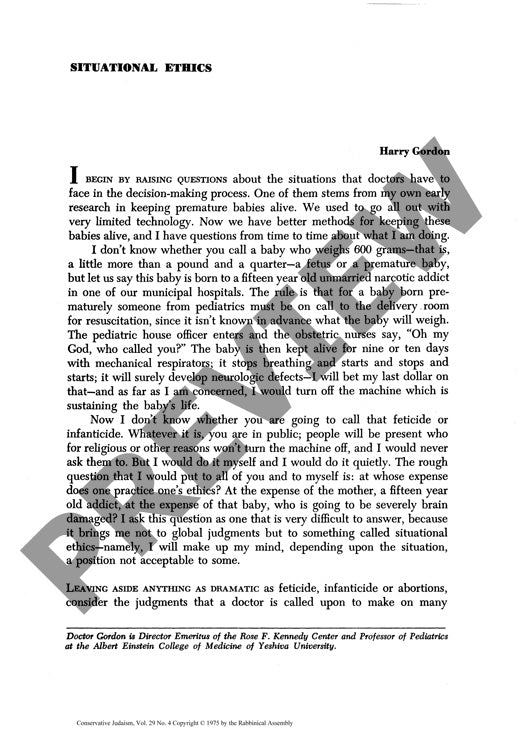Situational Ethics
Couldn't load pickup availability
Rigid ethical frameworks often falter when physicians face complex medical decisions involving multiple stakeholders with conflicting religious, professional, and personal beliefs. Through three challenging pediatric cases—an extremely premature infant born to a teenage drug-addicted mother, fetal research involving German measles vaccine, and care of an anencephalic newborn—this research explores how situational ethics shapes medical decision-making. Drawing from clinical practice experience and employing case study methodology, the analysis reveals that context-dependent ethical approaches provide more pragmatic solutions than absolute moral rules. Retrospective examination of these clinical scenarios demonstrates how varied circumstances, competing interests, and stakeholder perspectives influence ethical judgment. The findings underscore that healthcare providers must carefully balance patient welfare, family circumstances, and medical team beliefs while maintaining enough flexibility to address each unique situation. Rather than adhering to universal moral principles, effective ethical decision-making in medicine requires careful consideration of contextual factors and circumstances specific to each case.

More Information
-
Physical Description
-
Publication Information
Published 1975
ISBN
-
Publication Credits
Harry Gordon

